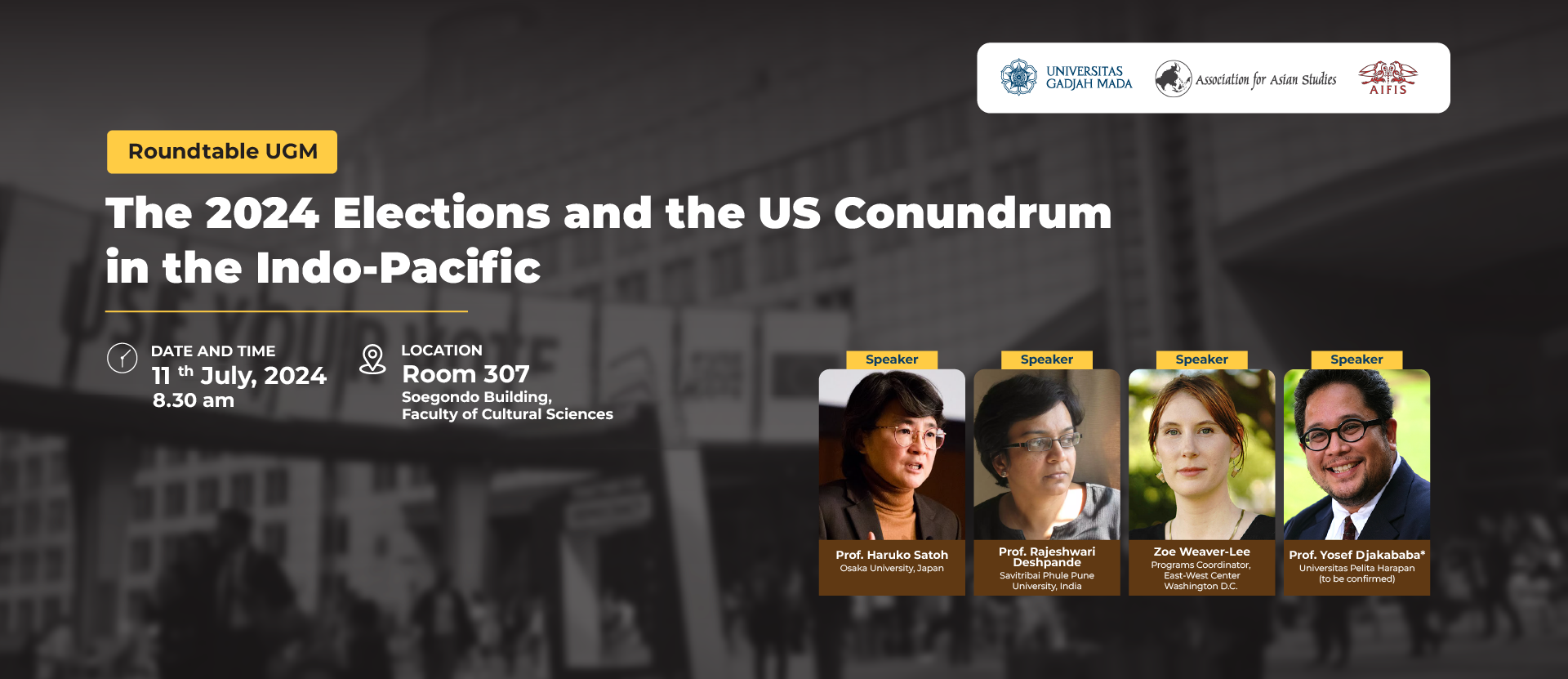Much time and energy are spent on discussing the multifaceted implications of China’s economic and military rise, and intensifying rivalry with the US. From supply chain issues to nuclear deterrence, China arguably poses the most significant challenge to US global strategy in decades. Missing in these discussions are more frank and engaging discussions on the role of the US in the Indo-Pacific by US allies, partners and friends (or potential friend). Taiwan or the prospect of another Trump presidency are important issues, but how US manages relations with China in a region where China has been a traditional hegemon is a regional concern, and one that needs to be communicated more as part of a wider (and in depth) US-Asia policy conversation.
This panel is a follow up to the RICE Fellowship workshop that took place in May at the East West Center in Washington D.C. that focused on the series of national elections that took place in the region and their impact on the US policy toward the Indo-Pacific. The table is now turned to discuss the region’s varying thoughts, strategic calculations and perceptions toward the US in anticipation of the US presidential elections, and how they may shape or anchor US presence in the region.

